Best movies like JFK & LBJ: A Time for Greatness
A unique, carefully handpicked, selection of the best movies like JFK & LBJ: A Time for Greatness Starring Morgan Freeman, and more. If you liked JFK & LBJ: A Time for Greatness then you may also like: 4 Little Girls, Once Upon a Time... When We Were Colored, The Butler, Glory Road, Crisis: Behind a Presidential Commitment and many more popular movies featured on this list. You can further filter the list even more or get a random selection from the list of similar movies, to make your selection even easier.
How U.S. President Lyndon B. Johnson used his political prowess to make the Civil Rights Act of 1964 and the Voting Rights Act of 1965 happen. The story is told using rarely-seen footage, interviews and secret White House tapes.
You may filter the list of movies on this page for a more refined, personalized selection of movies.
Still not sure what to watch click the recommend buttun below to get a movie recommendation selected from all the movies on this list
Once Upon a Time... When We Were Colored
This film relates the story of a tightly connected Afro-American community informally called Colored Town where the inhabitants live and depend on each other in a world where racist oppression is everywhere, as told by a boy called Cliff who spent his childhood there. Despite this, we see the life of the community in all its joys and sorrows, of those that live there while others decide to leave for a better life north. For those remaining, things come to a serious situation when one prominent businessman is being muscled out by a white competitor using racist intimidation. In response, the community must make the decision of whether to submit meekly like they always have, or finally fight for their rights.
The Butler
A look at the life of Cecil Gaines who served eight presidents as the White House's head butler from 1952 to 1986, and had a unique front-row seat as political and racial history was made.
Glory Road
In 1966, Texas Western coach Don Haskins led the first all-black starting line-up for a college basketball team to the NCAA national championship.
Crisis: Behind a Presidential Commitment
During a two-day period before and after the University of Alabama integration crisis, the film uses five camera crews to follow President John F. Kennedy, attorney general Robert F. Kennedy, Alabama governor George Wallace, deputy attorney general Nicholas Katzenbach and the students Vivian Malone and James Hood. As Wallace has promised to personally block the two black students from enrolling in the university, the JFK administration discusses the best way to react to it, without rousing the crowd or making Wallace a martyr for the segregationist cause.
Four Days In November
1964 American documentary film about the assassination of John F. Kennedy.
Ghosts of Mississippi
A Mississippi district attorney and the widow of Medgar Evers struggle to bring a white supremacist to justice for the 1963 murder of the civil rights leader.
Mississippi Burning
Two FBI agents investigating the murder of civil rights workers during the 60s seek to breach the conspiracy of silence in a small Southern town where segregation divides black and white. The younger agent trained in FBI school runs up against the small town ways of his partner, a former sheriff.
The Rosa Parks Story
A seamstress recalls events leading to her act of peaceful defiance that prompted the 1955 bus boycott in Montgomery, Alabama.
Freedom Song
Freedom Song (2000) is a made-for-TV film based on true stories of the Civil Rights Movement in Mississippi in the 1960s. It tells the story of the struggle of African Americans to register to vote in the fictional town of Quinlan. In the midst of the Freedom Summer, a group of high school students in the small town are eager to make grassroots changes in their own community. The young activists meet resistance not only from white southerners, but from their parents, who have experienced firsthand the violence that can result from speaking out.[1] As high school students band together with the support of the Student Nonviolent Coordinating Committee, they make strides in registering African-American voters and gaining awareness for their cause.
Selma, Lord, Selma
In 1965 Alabama, an 11 year old girl is touched by a speech by Martin Luther King, Jr. and becomes a devout follower. But her resolution is tested when she joins others in the famed march from Selma to Montgomery.
Ruby Bridges
When six-year-old Ruby Bridges is chosen to be the first African-American to integrate her local elementary school, she is subjected to the true ugliness of racism for the first time.
Murder in Mississippi
In 1964, members of the Ku Klux Klan murdered three Civil Rights workers who had traveled to the South to encourage African-American voter registration. Examines the last three weeks in the lives of the slain activists.
And the Children Shall Lead
Mississippi in the early '60s is the setting for this story of a 12-year-old African-American girl who, along with her white friends, tries to ease increasing racial tensions.
Crisis at Central High
The historic federal-state controversy over the integration of Central High School in Little Rock, Arkansas, as seen through the eyes of Elizabeth Huckaby, one of the teachers and girls' vice principal.
Deacons for Defense
Inspired by a true story, this drama is set in 1965, not long after passage of the Civil Rights Act. Despite the Act, the African-American citizens of Bogalusa are still treated like third-class citizens, their fundamental rights as human beings persistently trampled by the white power structure, in general, and the local branch of the KKK. The story follows the formation of local black men, particularly ex-war veterans who after the struggles become too overbearing organizes the group, "Deacons for defense", an all-black defense group dedicated to patrolling the black section of town and protecting its residents from the more violent aspects of "white backlash."
The Ernest Green Story
Follows the story of Ernest Green, one of the Little Rock Nine who were the first blacks to integrate into an all white school.
All the Way
Lyndon B. Johnson's amazing 11-month journey from taking office after JFK's assassination, through the fight to pass the 1964 Civil Rights Act and his own presidential campaign, culminating on the night LBJ is actually elected to the office – no longer the 'accidental President.'
Miss Evers' Boys
The true story of the US Government's 1932 Tuskeegee Syphilis Experiments, in which a group of black test subjects were allowed to die, despite a cure having been developed.
The Tuskegee Airmen
During the Second World War, a special project is begun by the US Army Air Corps to integrate African American pilots into the Fighter Pilot Program. Known as the "Tuskegee Airman" for the name of the airbase at which they were trained, these men were forced to constantly endure harassement, prejudice, and much behind the scenes politics until at last they were able to prove themselves in combat.
Prom Night in Mississippi
A high school in a small-town in Mississippi prepares for its first integrated senior prom.
The Loving Story
This documentary film tells the dramatic story of Richard and Mildred Loving, an interracial couple living in Virginia in the 1950s, and their landmark Supreme Court Case, Loving v. Virginia, that changed history.
I Am Not Your Negro
Working from the text of James Baldwin’s unfinished final novel, director Raoul Peck creates a meditation on what it means to be Black in the United States.
Robin Roberts Presents: Mahalia
The true story of Mahalia Jackson, who began singing at an early age and went on to become one of the most revered gospel figures in U.S. history, melding her music with the civil rights movement.
Lowndes County and the Road to Black Power
Through first person accounts and searing archival footage, this documentary tells the story of the local movement and young Student Nonviolent Coordinating Committee (SNCC) organizers who fought not just for voting rights, but for Black Power in Lowndes County, Alabama.
Remember Me: The Mahalia Jackson Story
Follows the successful career of Jackson as well as her unique friendship and devotion to Martin Luther King Jr. and her unsung contribution to the Civil Rights Movement.
The Ku Klux Klan: A Secret History
From its inception in 1866 to it's diminished but still vocal brotherhood in the modern era, this release takes a close look at the ways in which the Klan has evolved through such events as the Civil Rights Movement and affirmative action. In addition to informative interviews with such subjects as Hooded Americanism author David Chambers and The Fiery Cross author Craig Wade, this film also seeks to get the story from the inside by offering revealing interviews with Grand Dragon Edward Foster and Imperial Wizard Jeff Bary.
King
Forty years after Martin Luther King s assassination, HISTORY, with newsman Tom Brokaw, takes viewers through the extraordinary life and times of America's civil rights visionary. KING goes beyond the legend to portray the man, the questions, the myths and, most importantly, the relevance of Dr. King s message in today s world. Includes a rare interview with his son, Martin Luther King III, as well as associates from the civil rights campaigns and contemporary figures such as former President Bill Clinton, Condaleezza Rice, Bono, Forest Whitaker, Chuck D and others.
Bombs Away: LBJ, Goldwater and the 1964 Campaign That Changed It All
Three-year-old Monique Corzilius counts to 10, pulling petals from a daisy. A voice from mission control then counts down as the camera zooms into Monique's dark pupil. An atomic blast and ensuing mushroom cloud consumes the TV screen as President Lyndon Johnson's voice proclaims "We must either love each other, or we must die." This political ad, “Peace Little Girl,” aired only once or twice during the 1964 presidential campaign between Lyndon Johnson and Barry Goldwater, but it ushered in a new era of the television attack ad. The 1964 campaign also reshaped the American political landscape in other significant ways. Johnson's "Great Society" and civil rights agendas pushed southern states toward the Republican Party and brought the northeast in line with the Democrats, creating America's contemporary geopolitical map of red and blue states.
LBJ: The Early Years
LBJ: The Early Years was a television movie that appeared on the NBC network in February 1987, depicting the life of former President of the United States Lyndon B. Johnson from 1934 until 1973. Actor Randy Quaid won a Golden Globe award for his portrayal of Johnson.
Death of a Prophet
After breaking ties with the Nation of Islam, Malcolm X became a man marked for death...and it was just a matter of time before his enemies closed in. Despite death threats and intimidation, Malcolm marched on - continuing to spread the word of equality and brotherhood right up until the moment of his brutal and untimely assassination. Highlighted by newsreel footage and interviews, this is the story of the last twenty-four hours of Malcolm X. Featuring the music of jazz percussionist Max Roach.


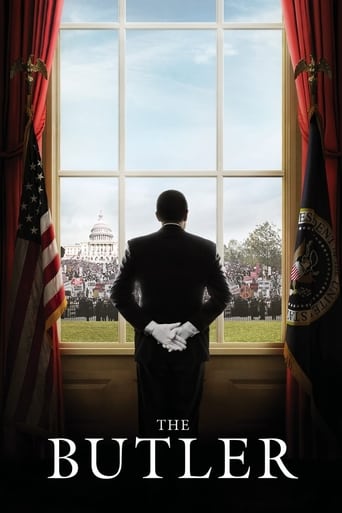
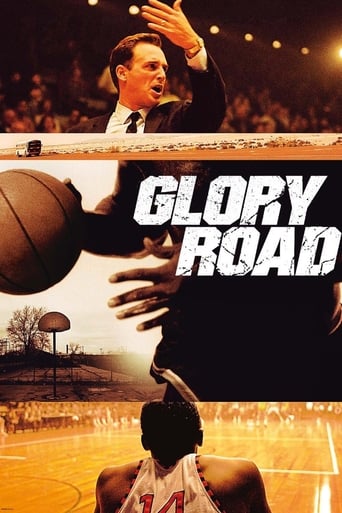
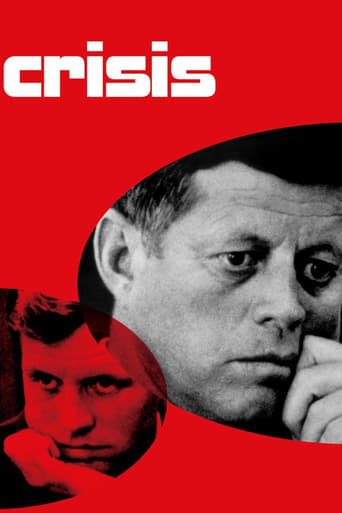


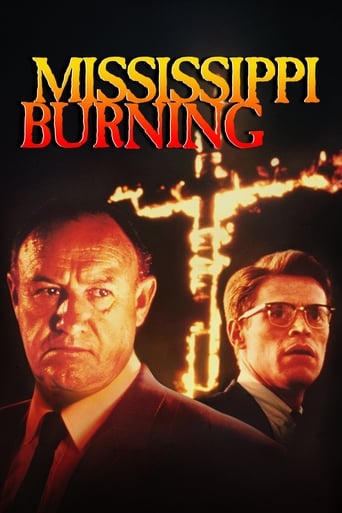
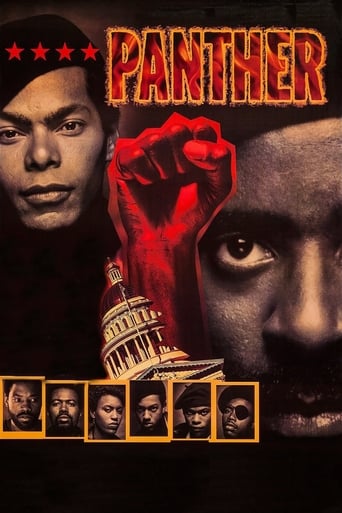
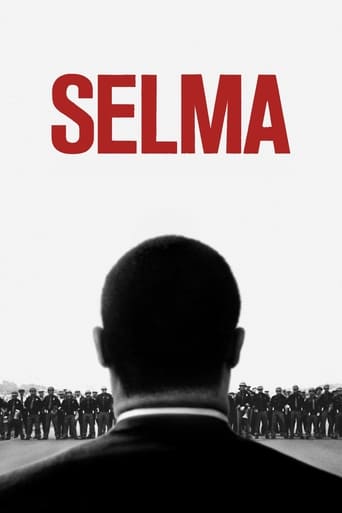
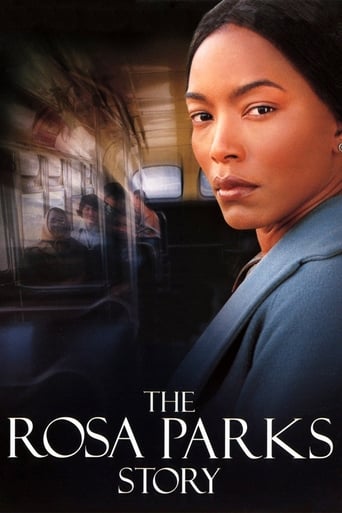
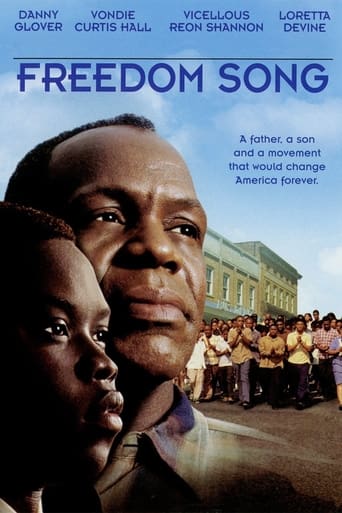
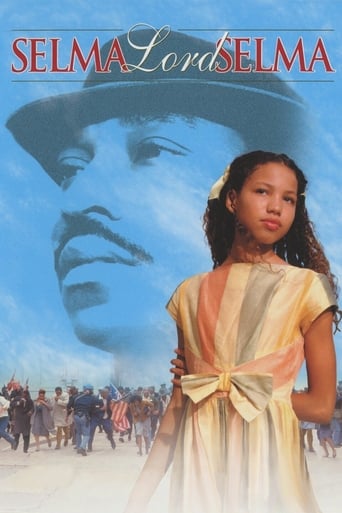
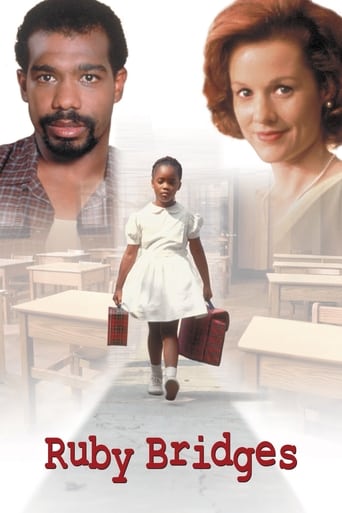
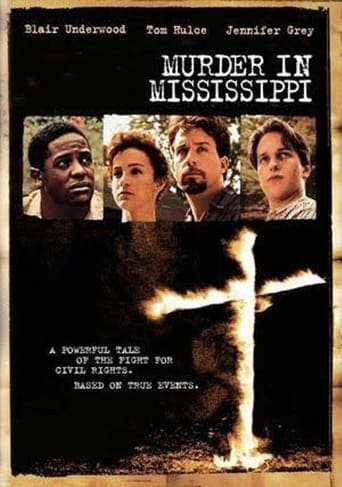
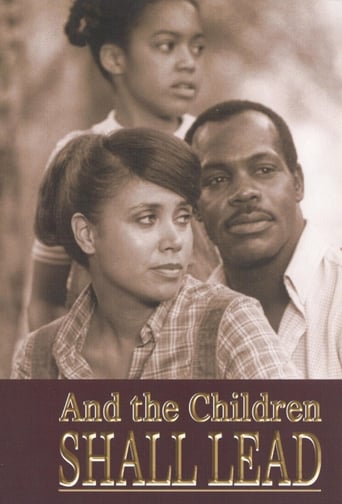



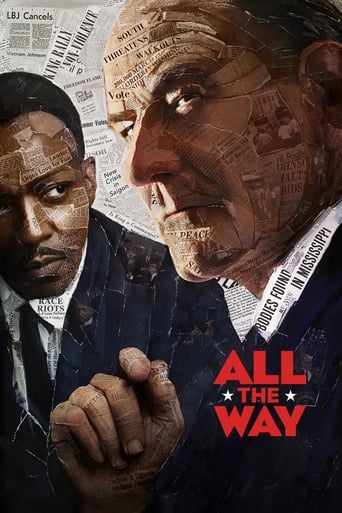
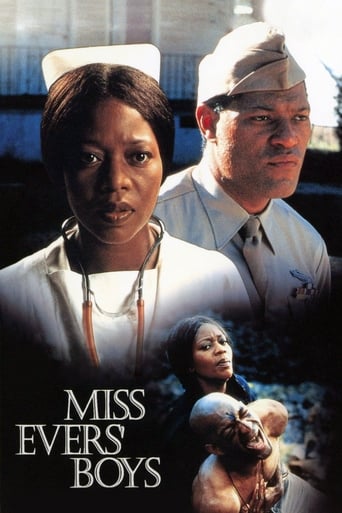
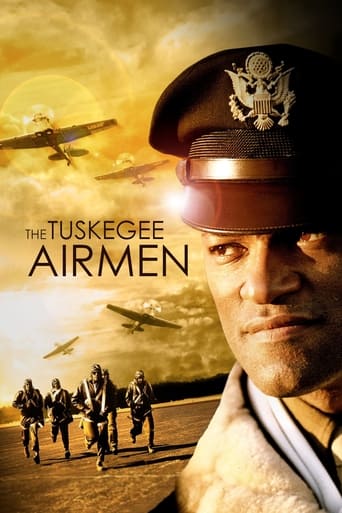
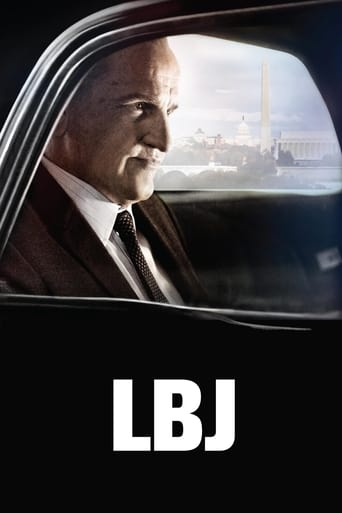



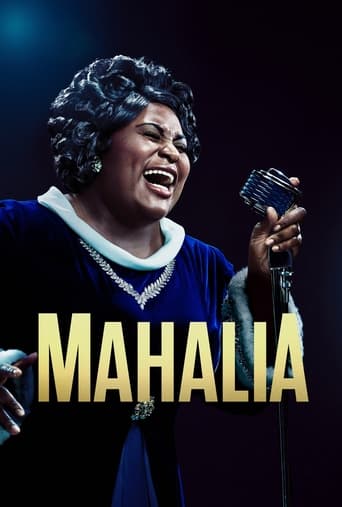






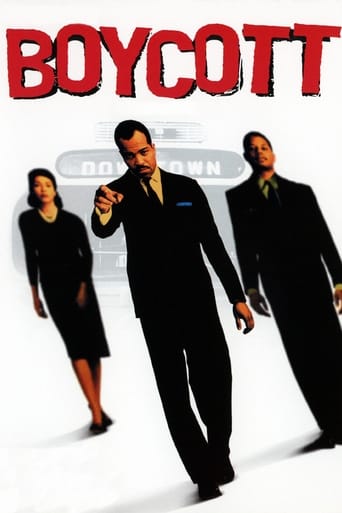


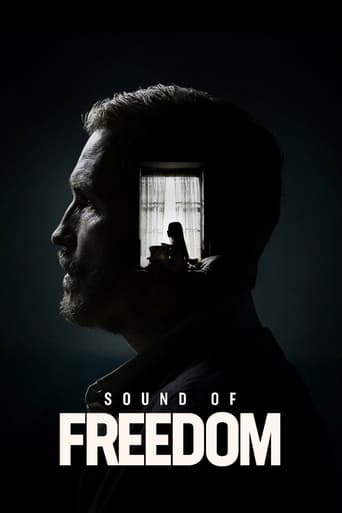

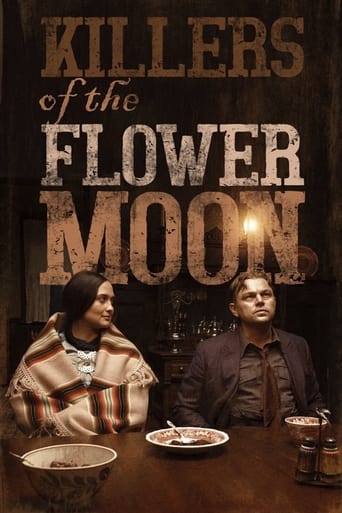
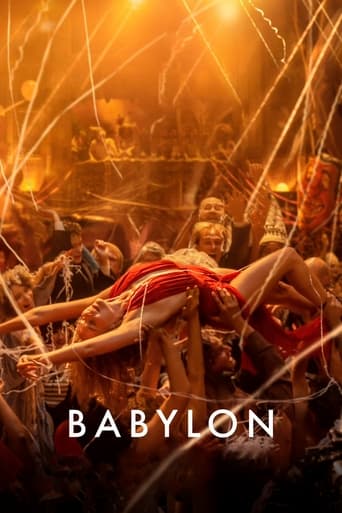
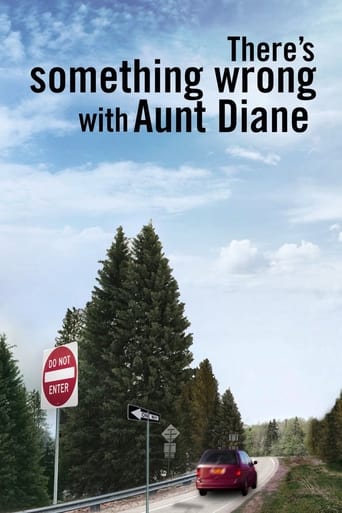
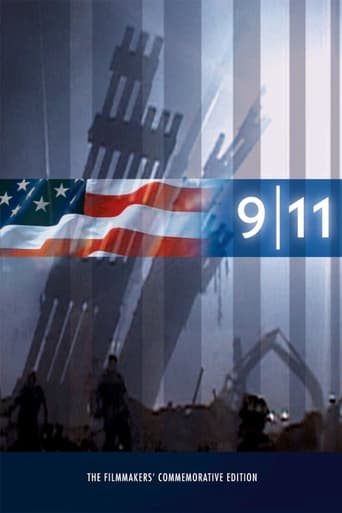

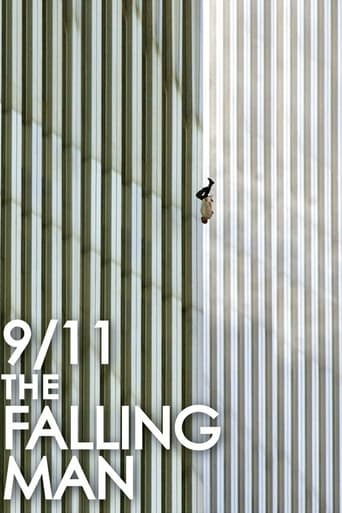
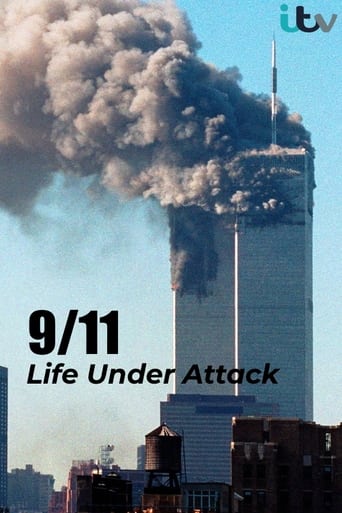
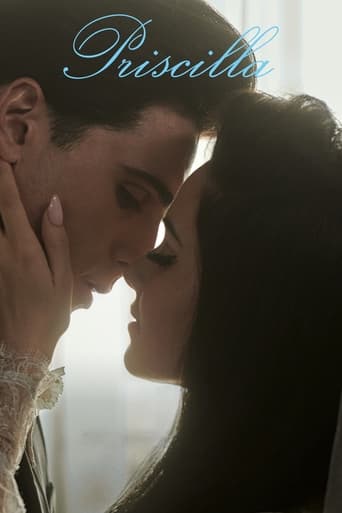
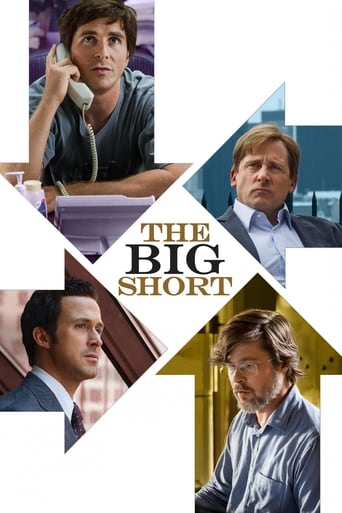
4 Little Girls
On September 15, 1963, a bomb destroyed a black church in Birmingham, Alabama, killing four young girls who were there for Sunday school. It was a crime that shocked the nation--and a defining moment in the history of the civil-rights movement. Spike Lee re-examines the full story of the bombing, including a revealing interview with former Alabama Governor George Wallace.